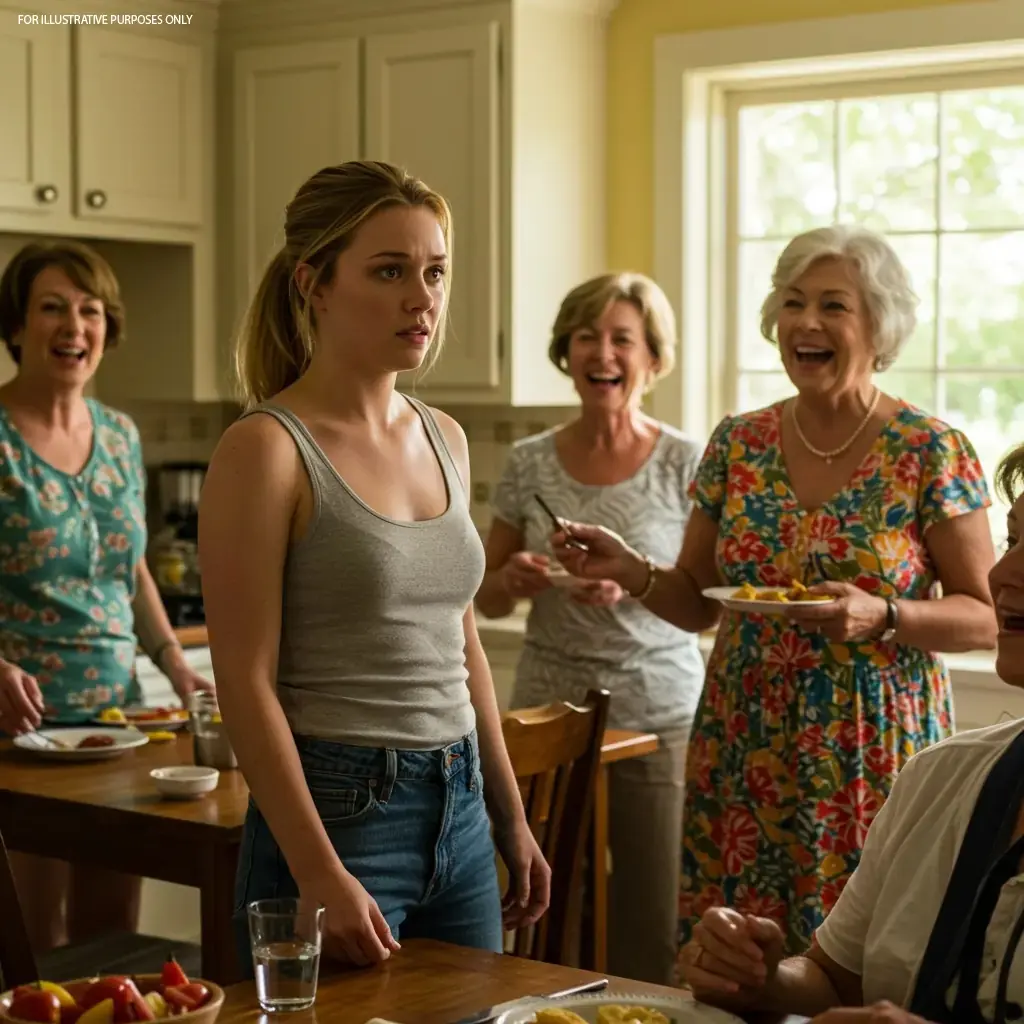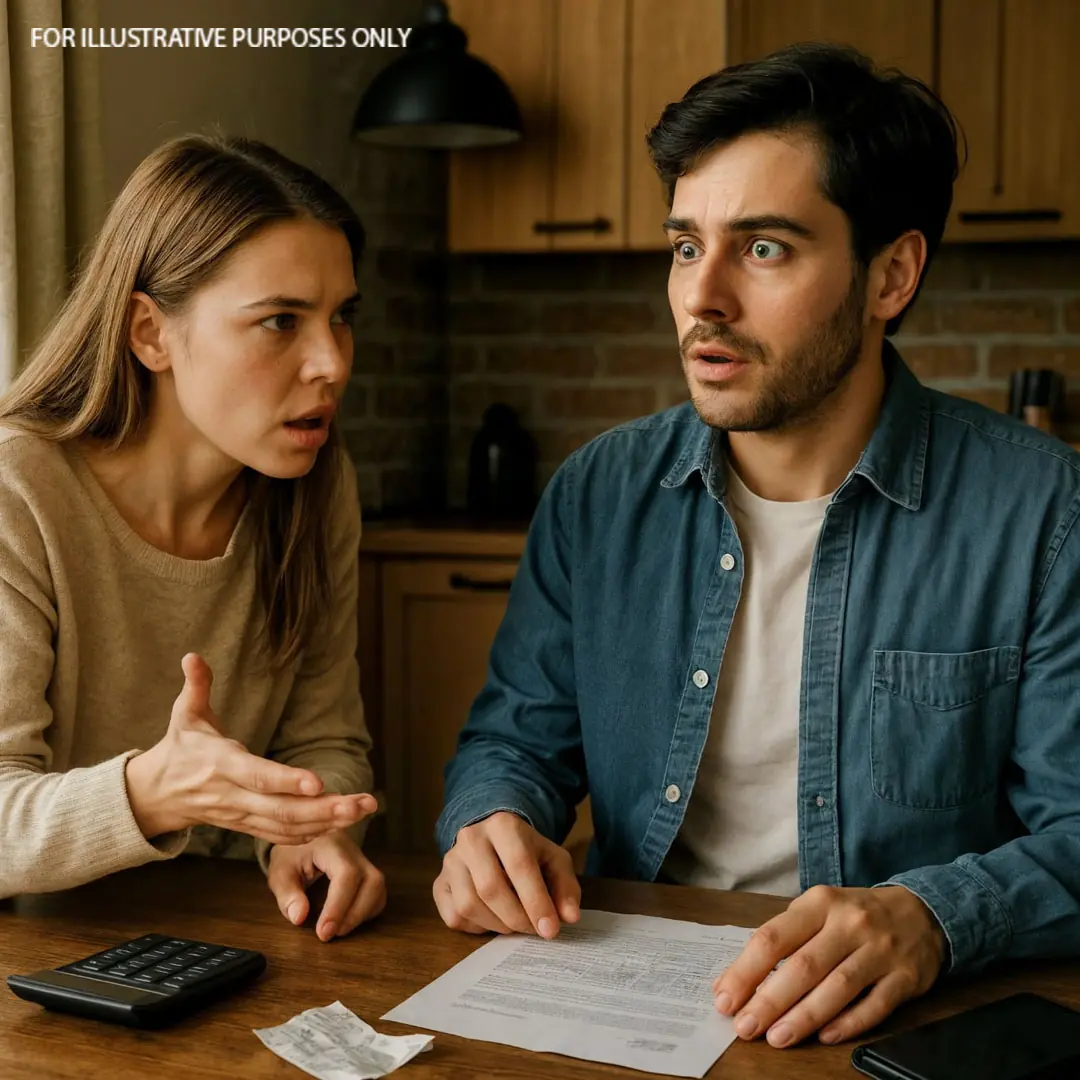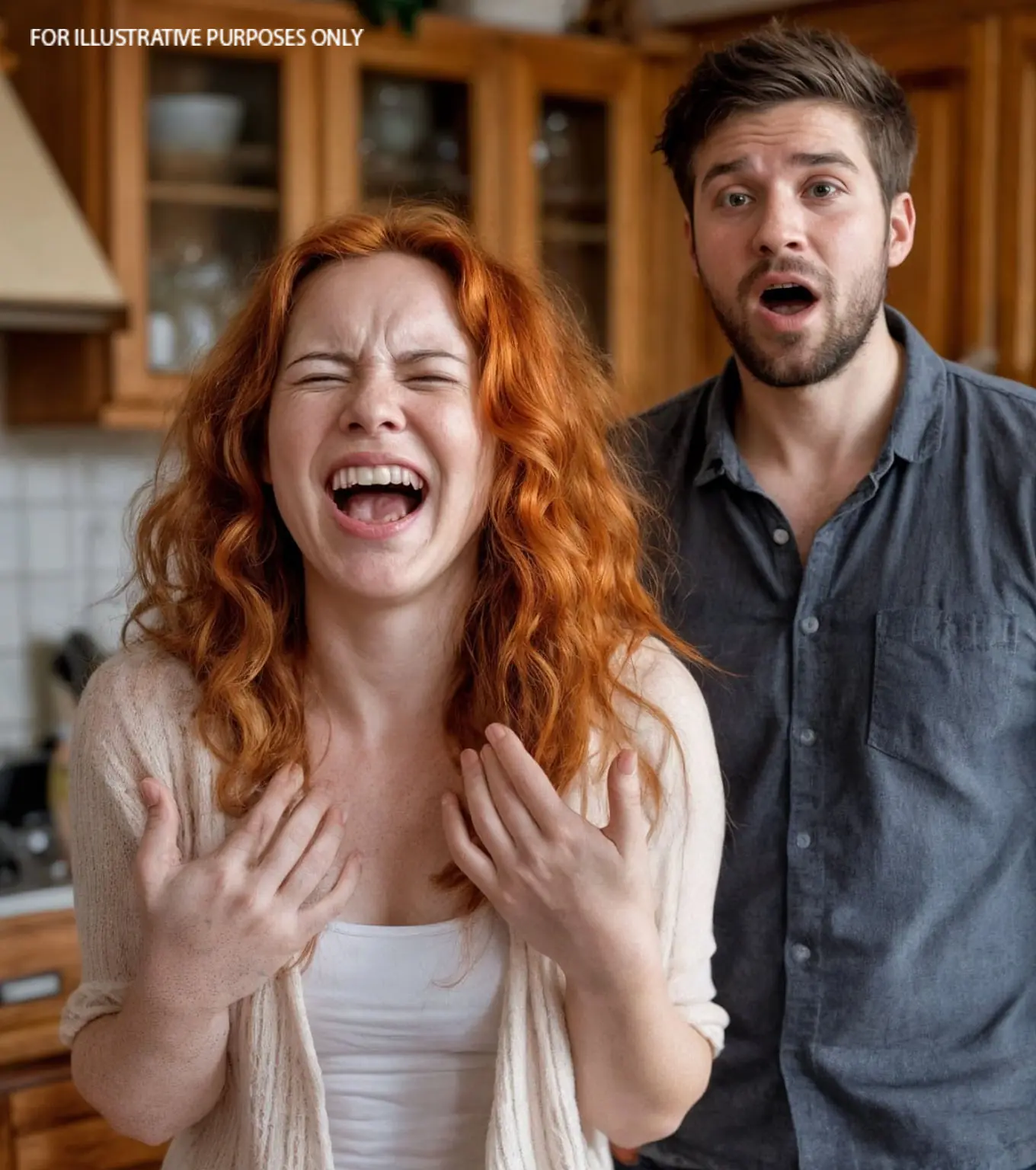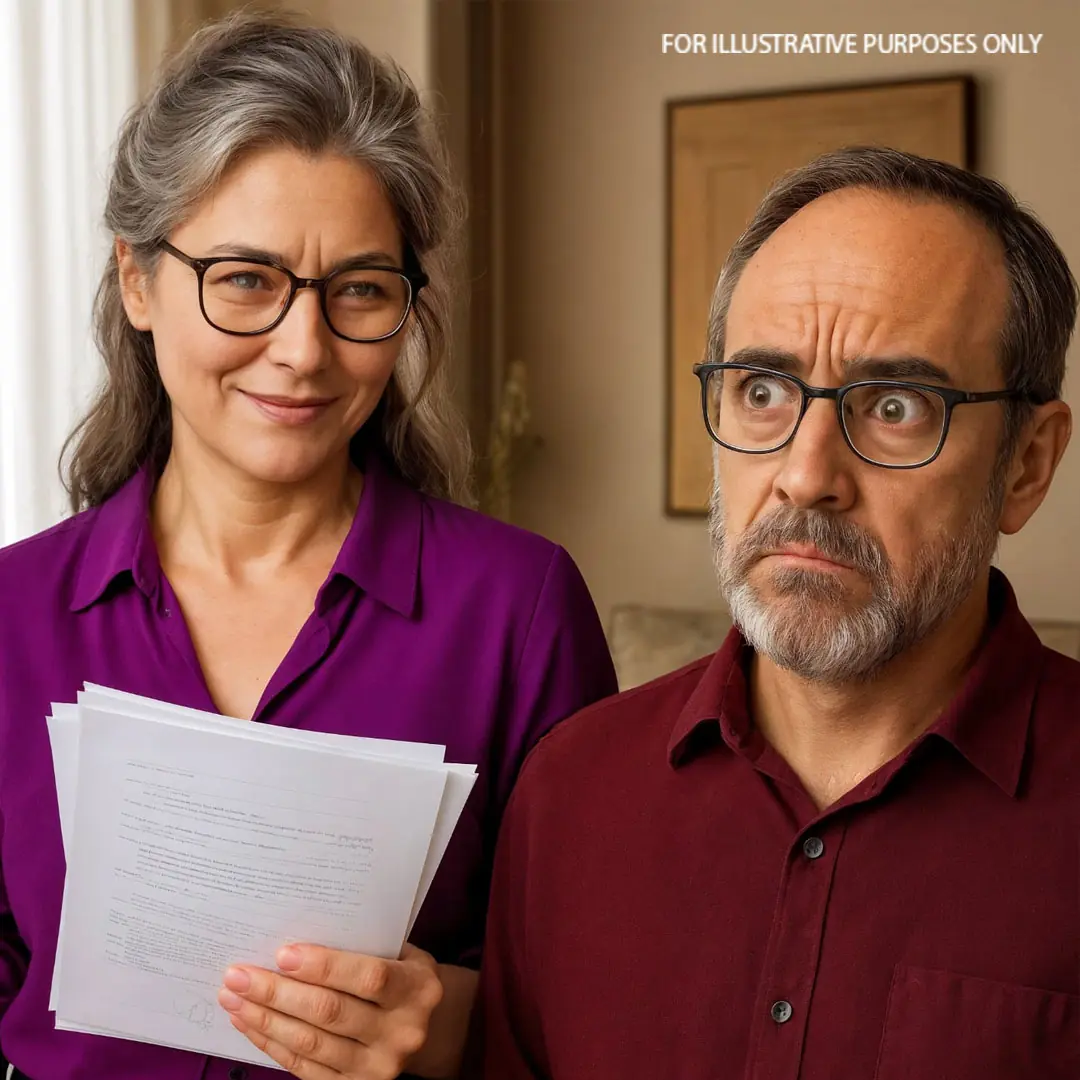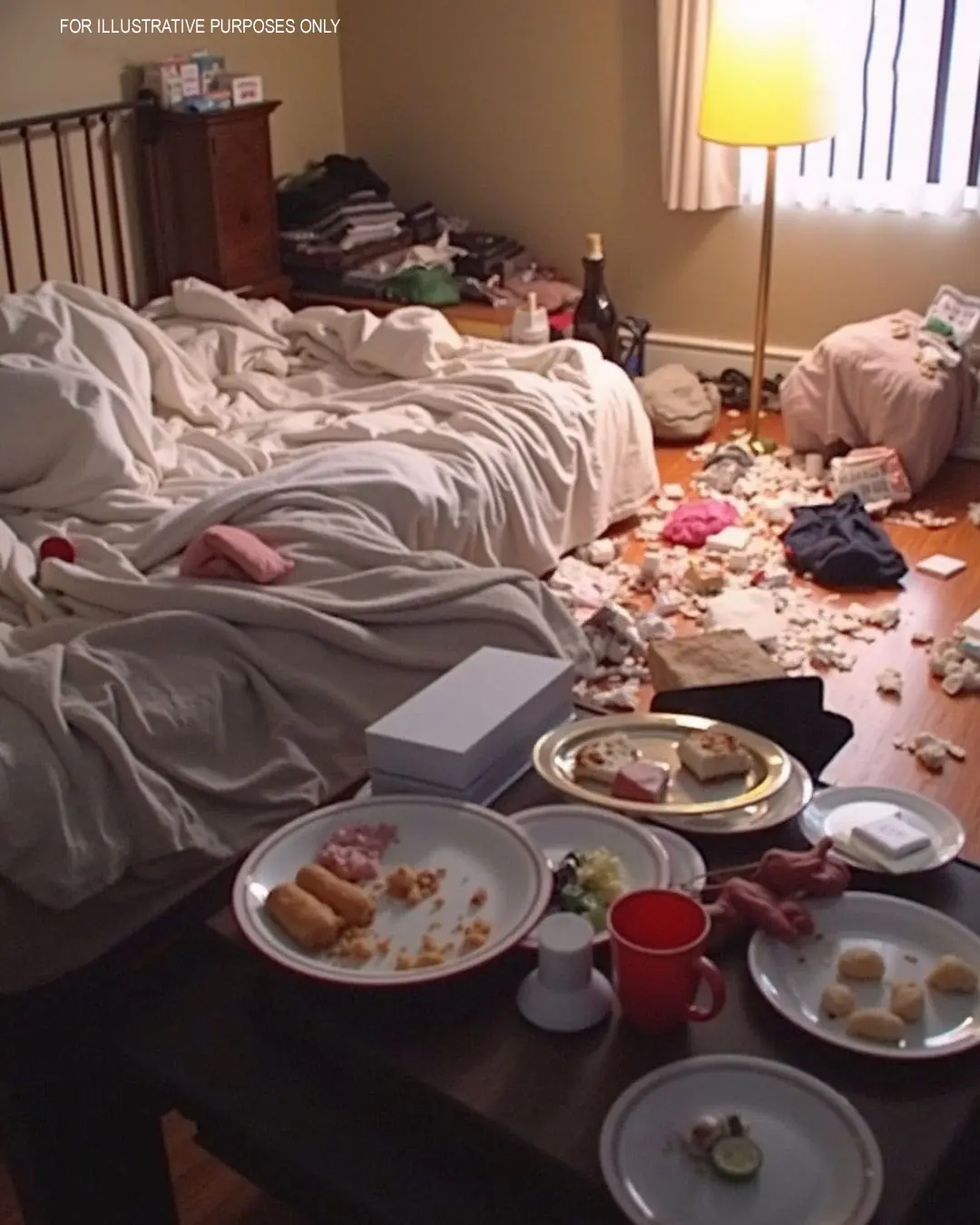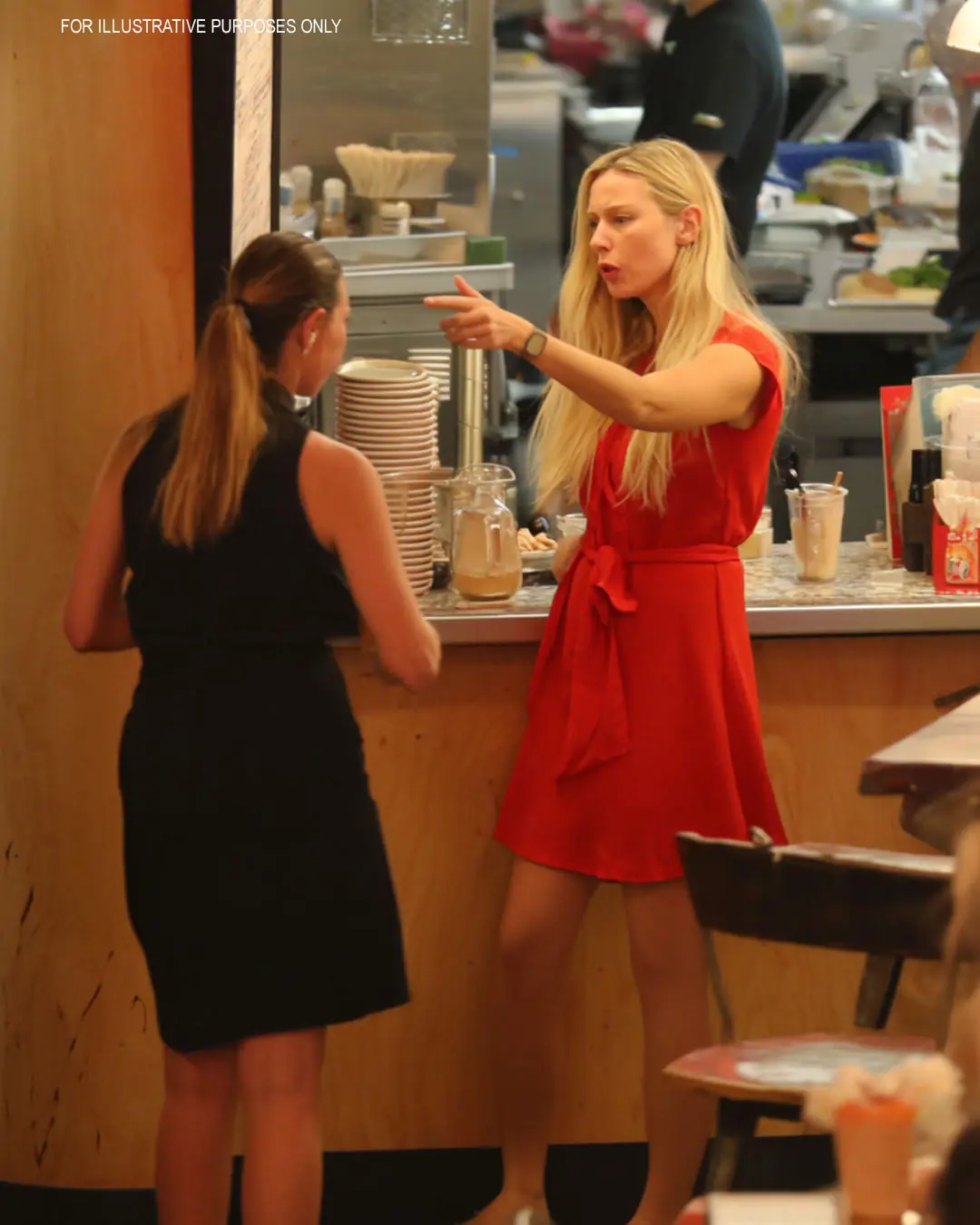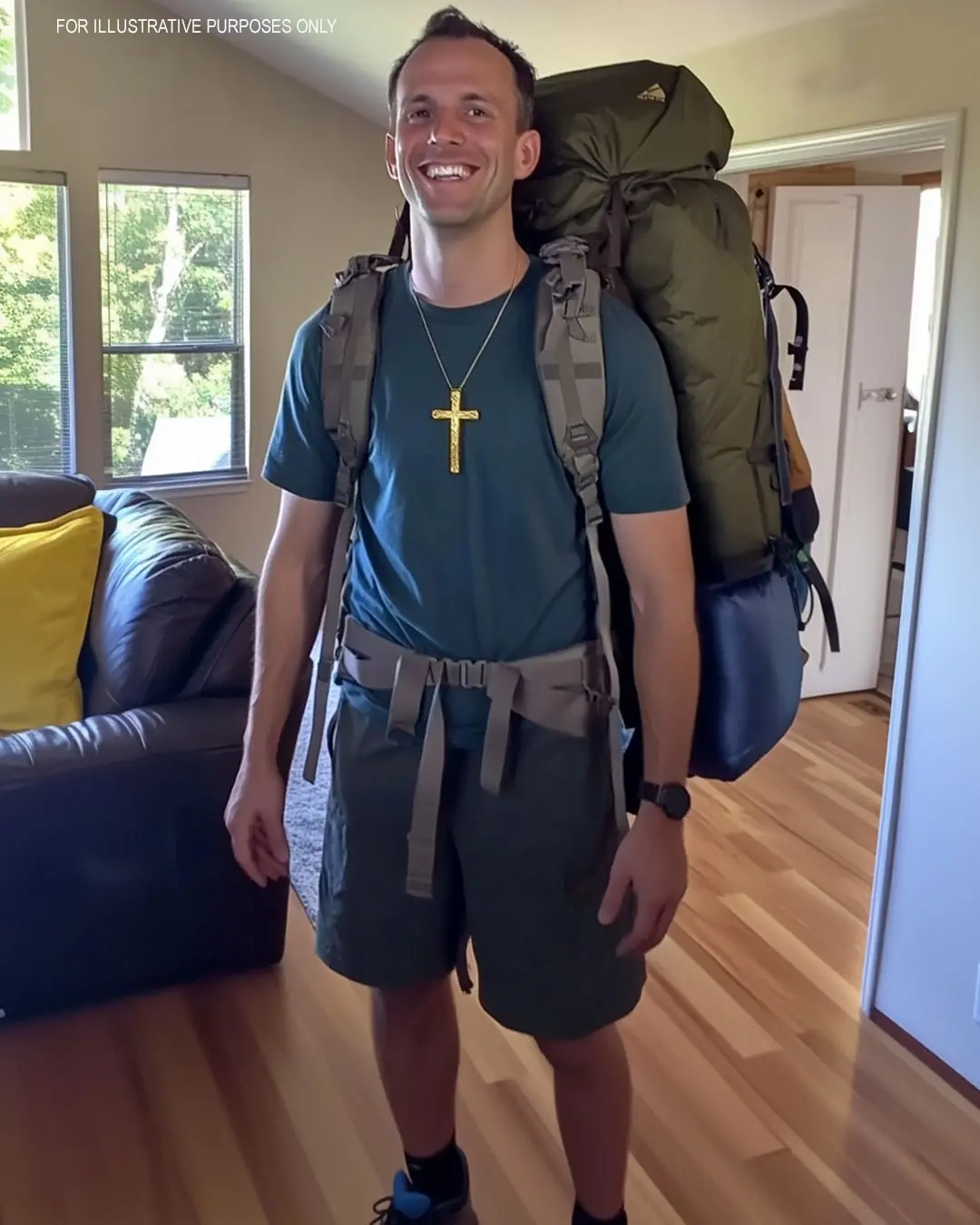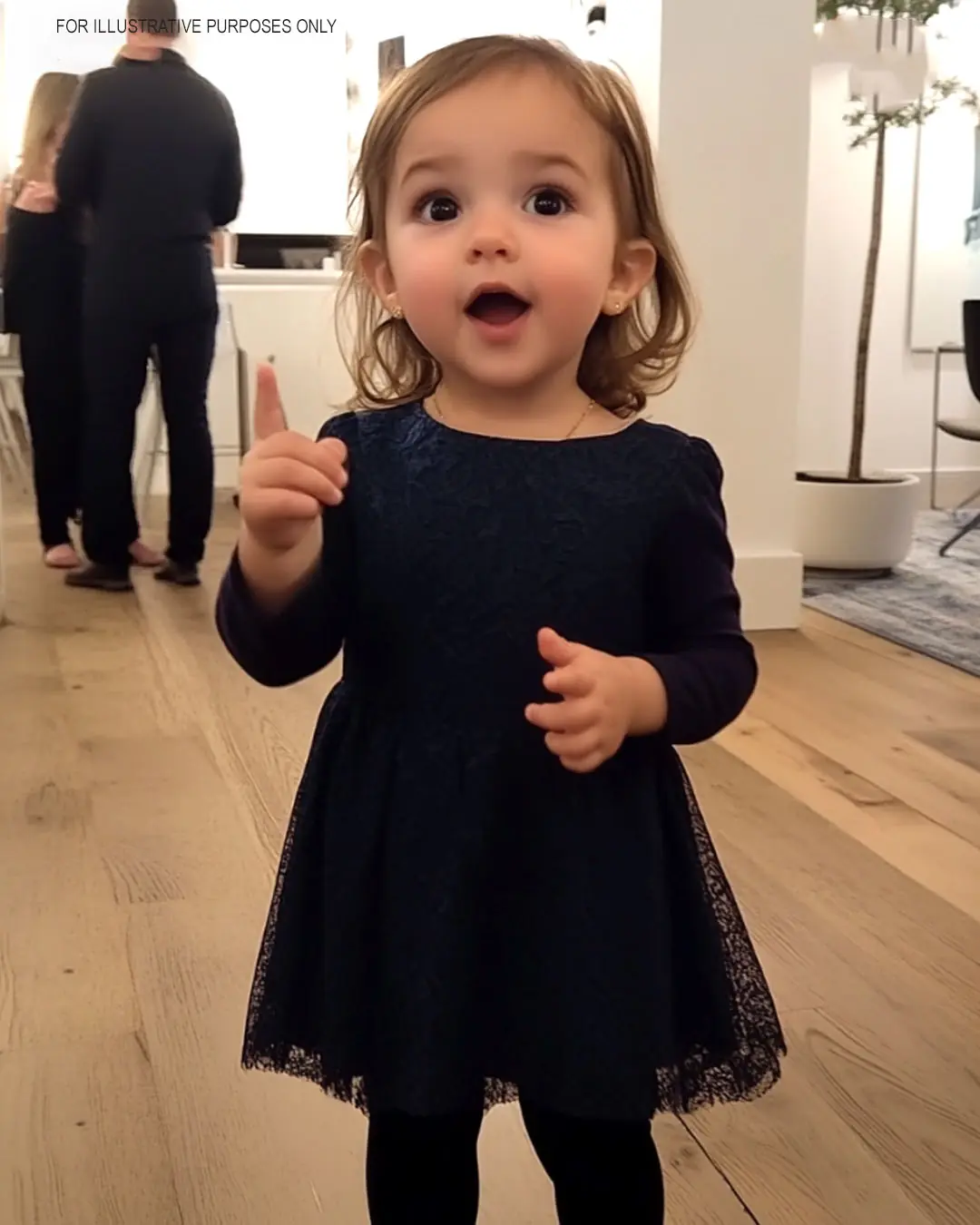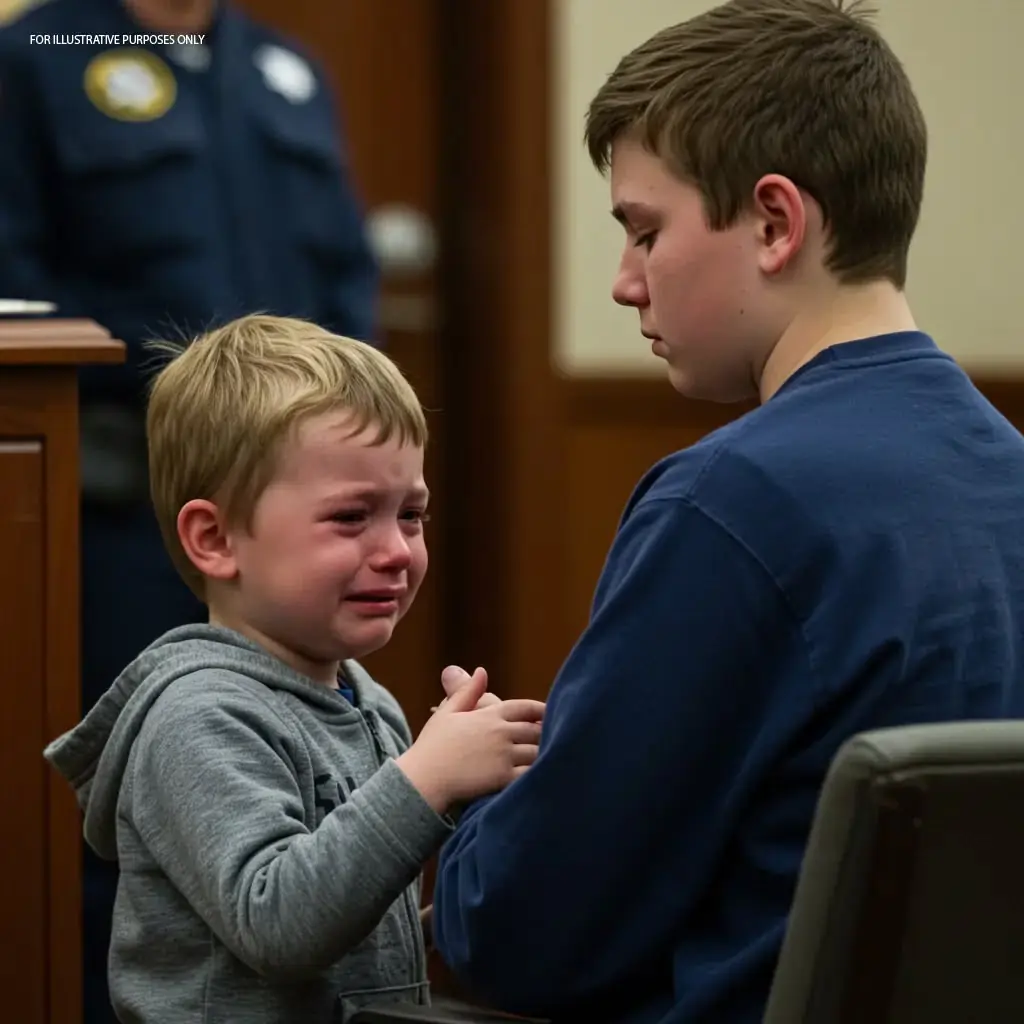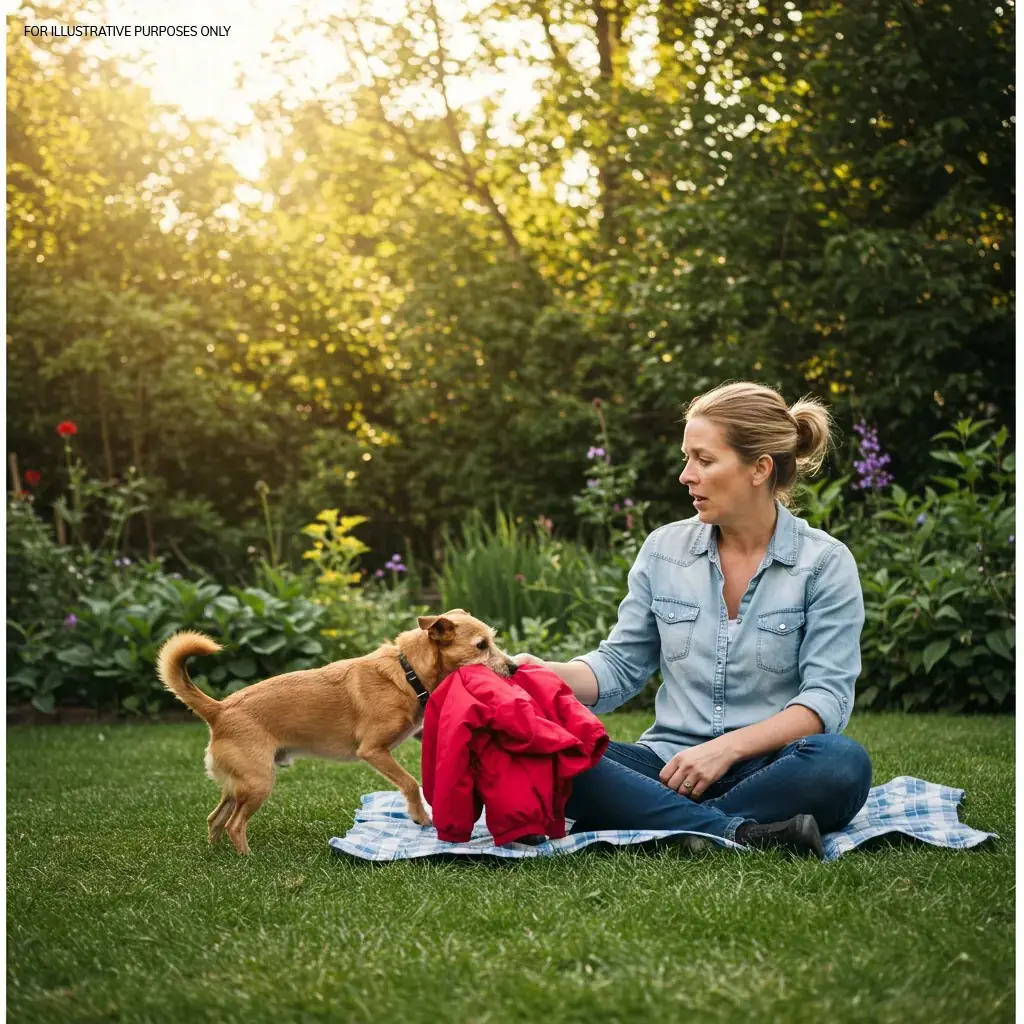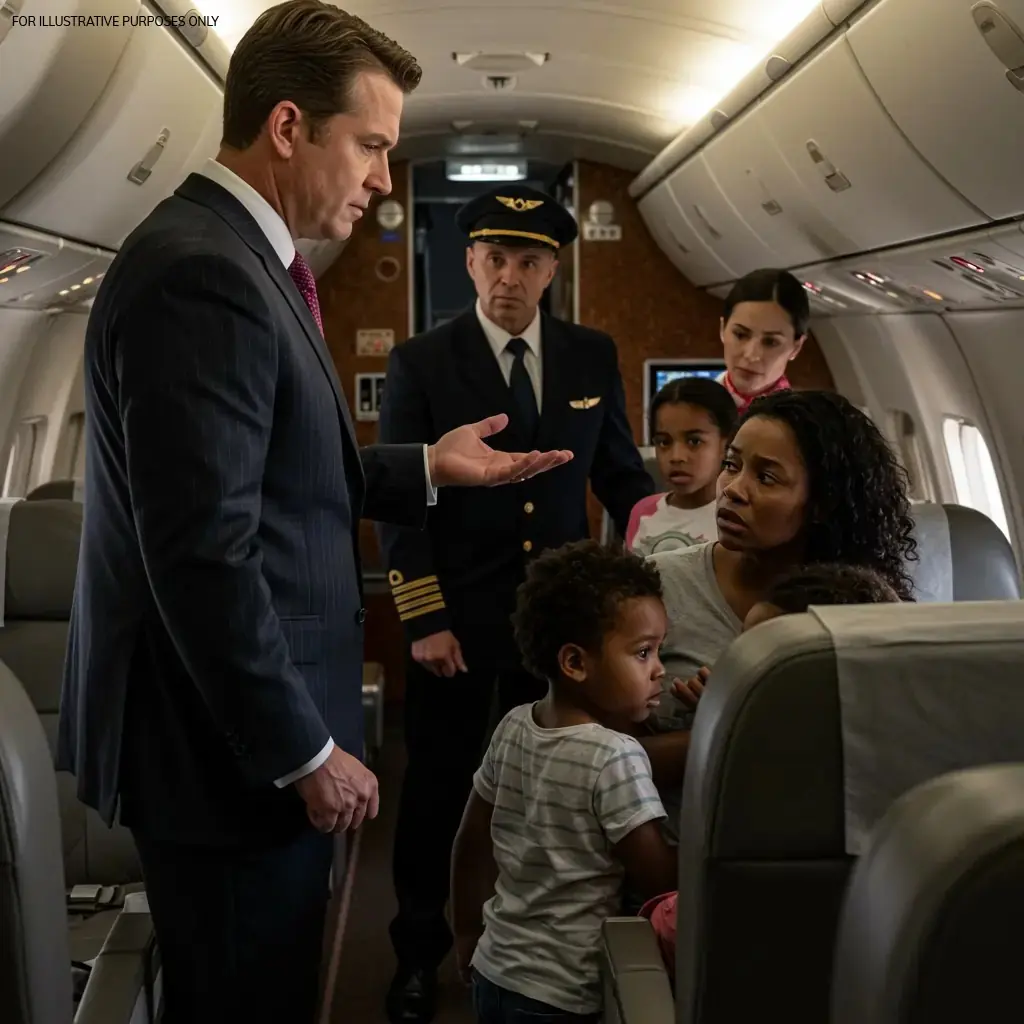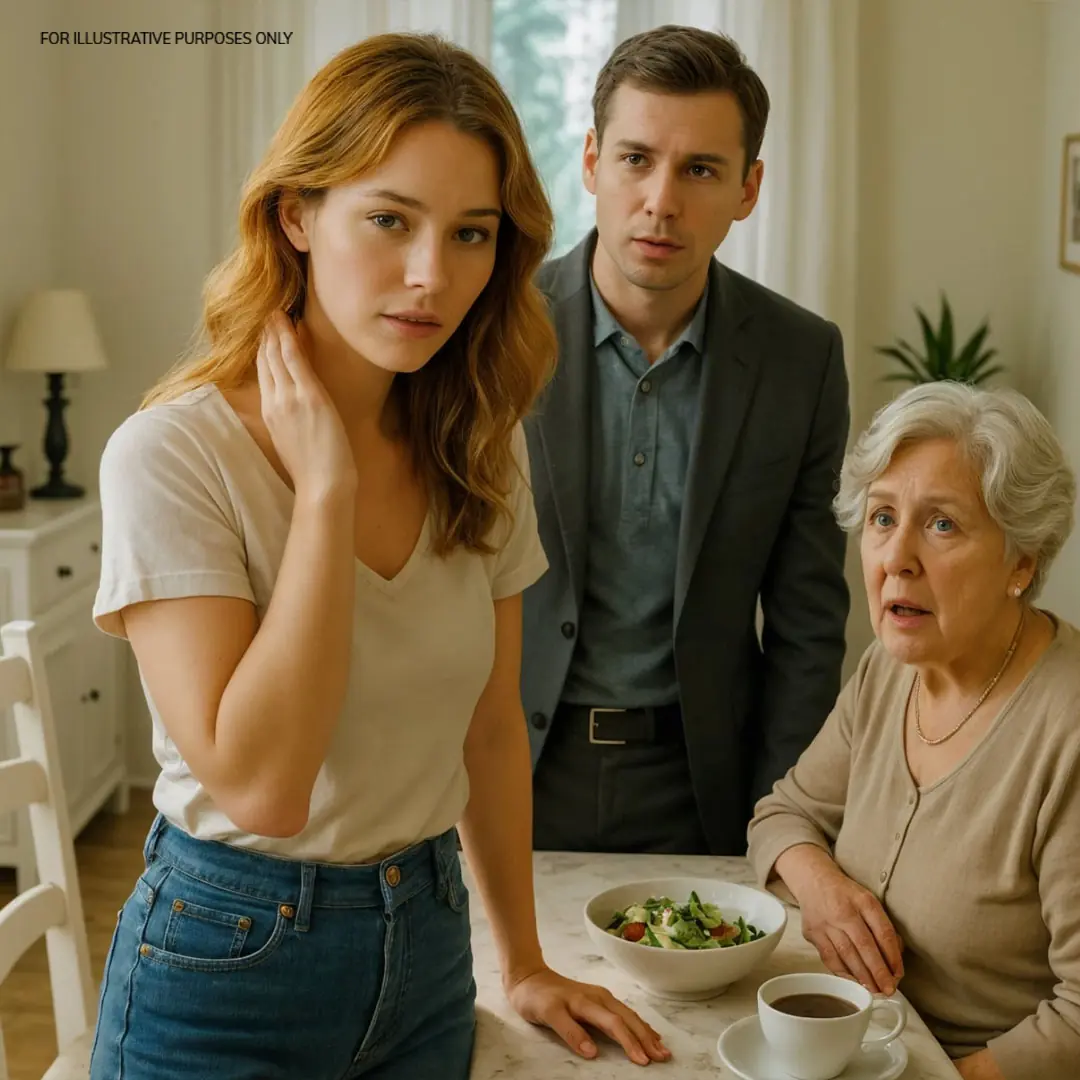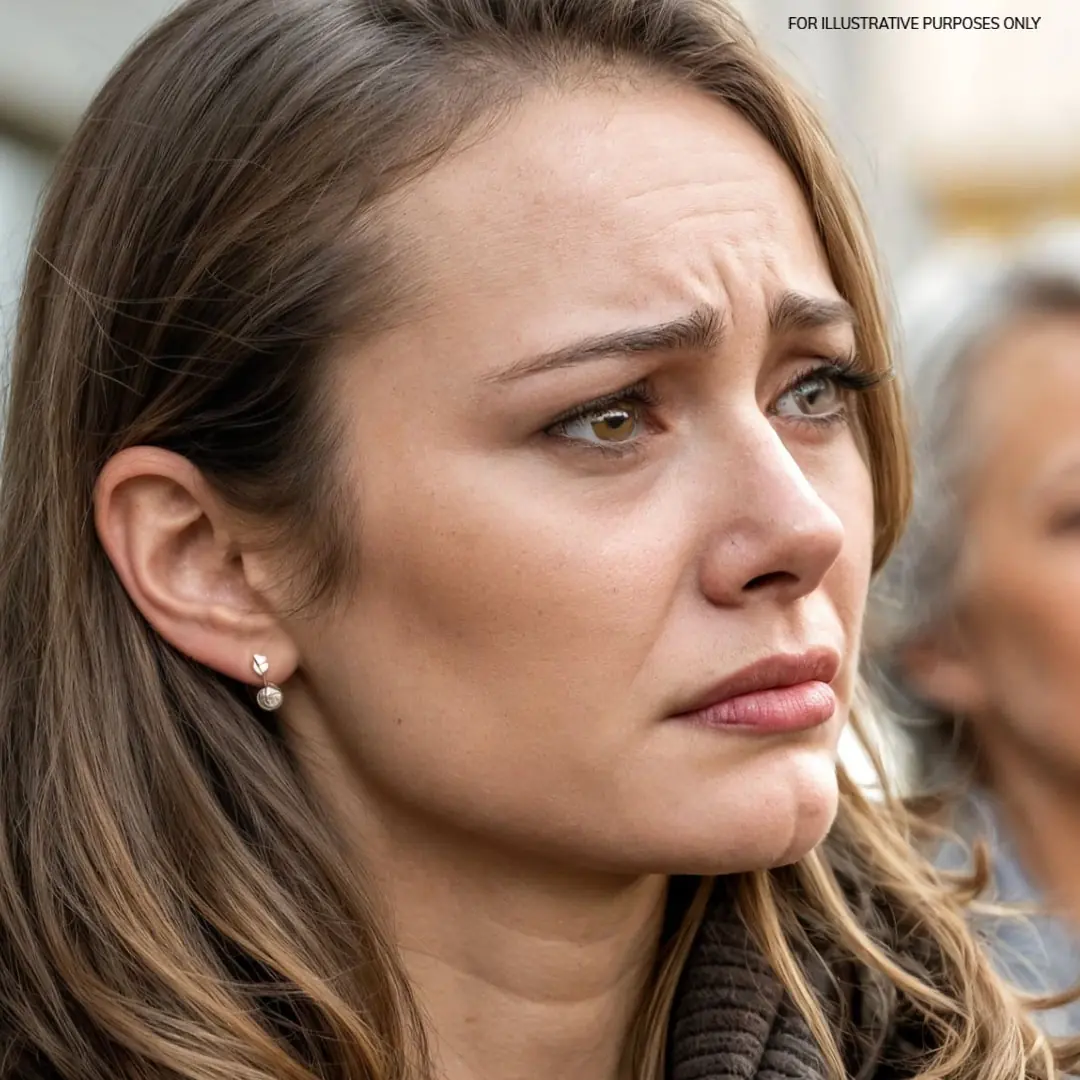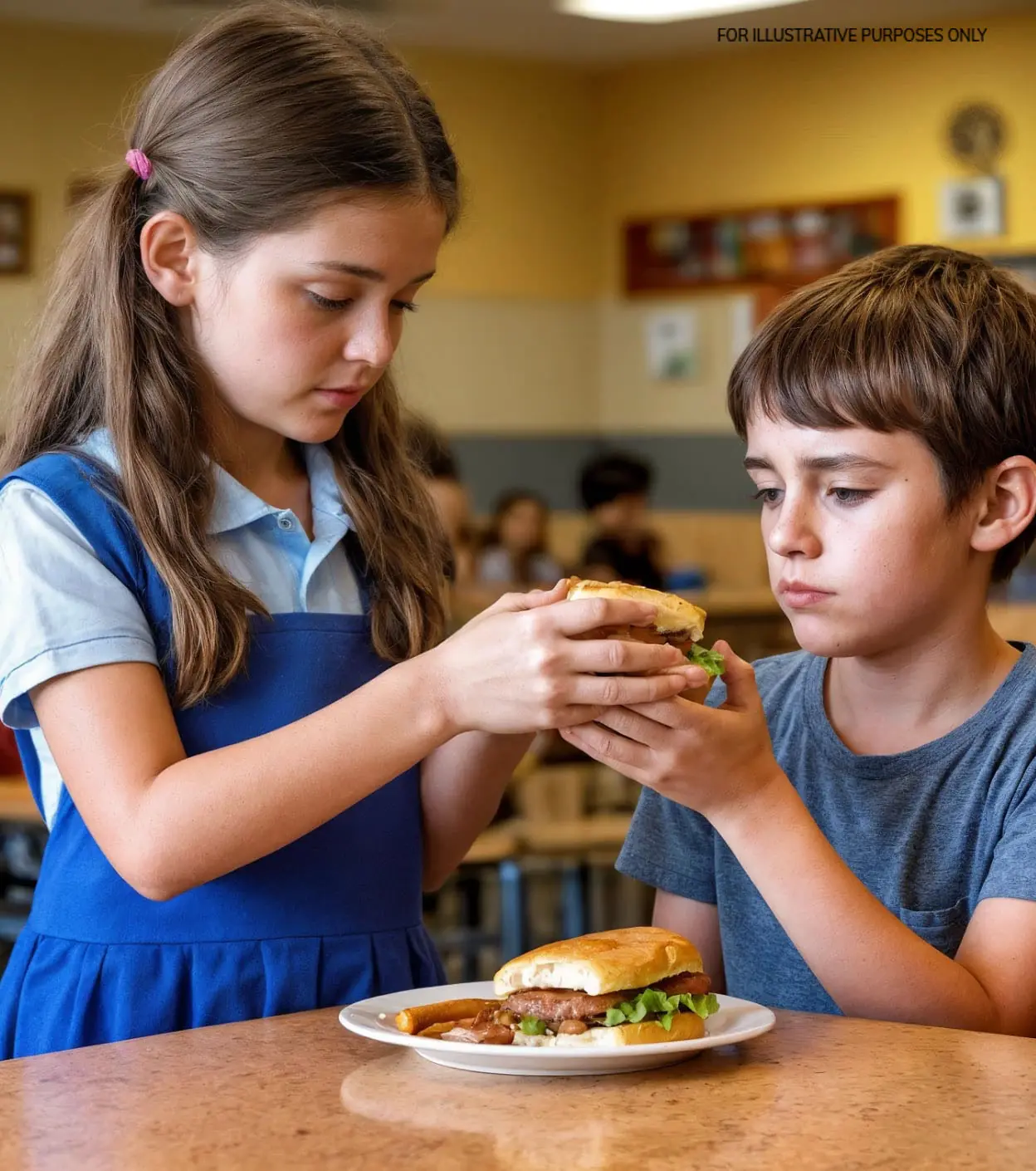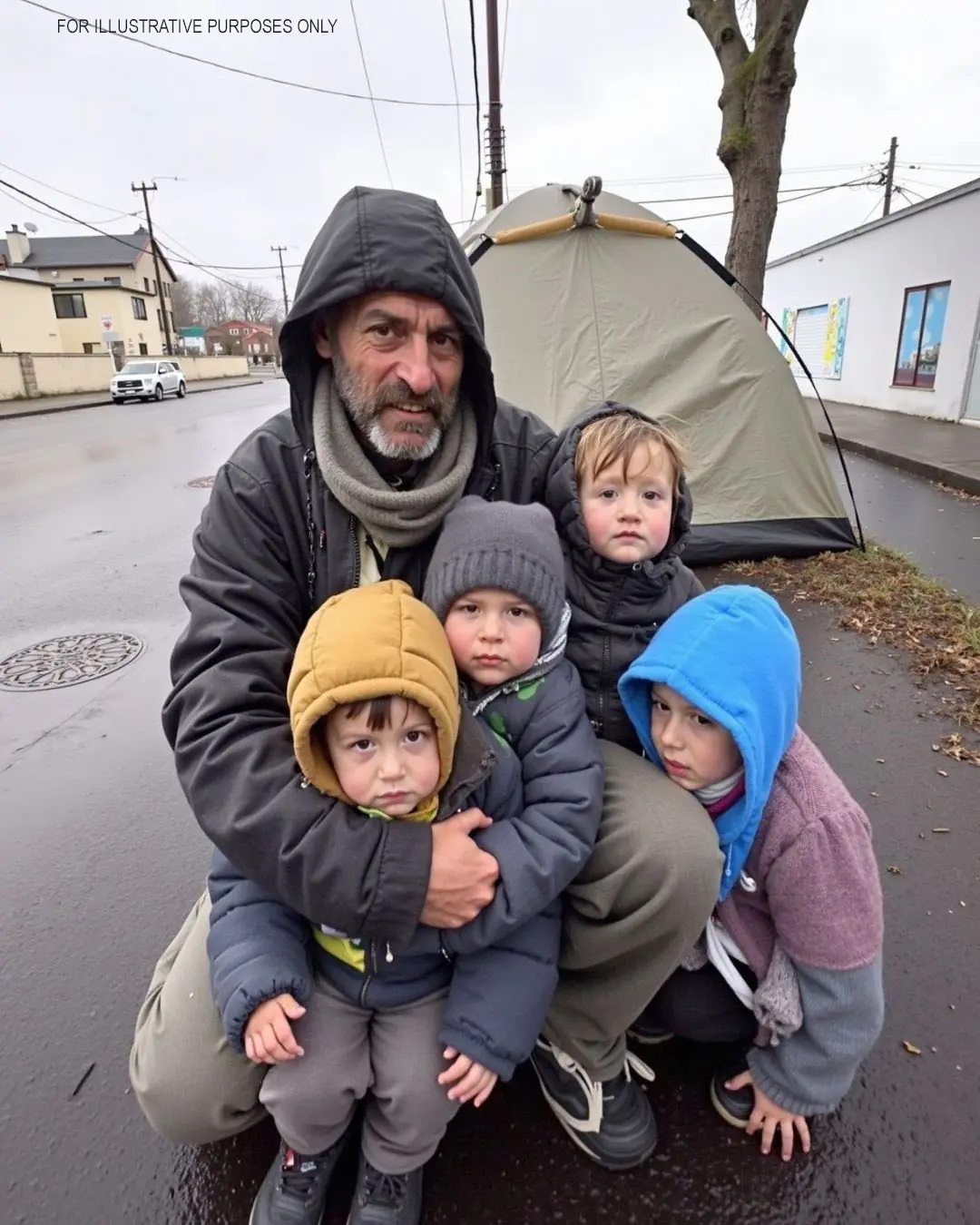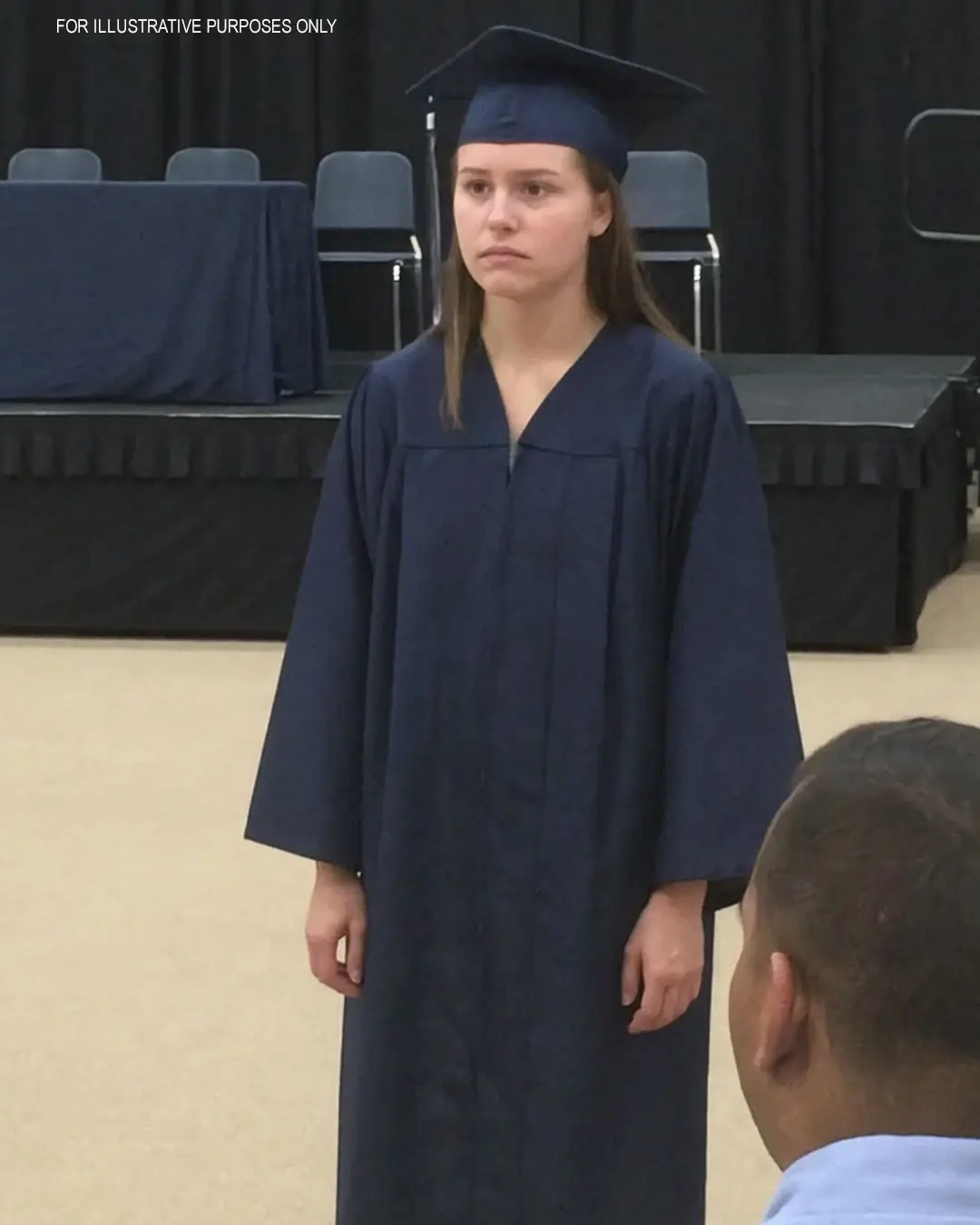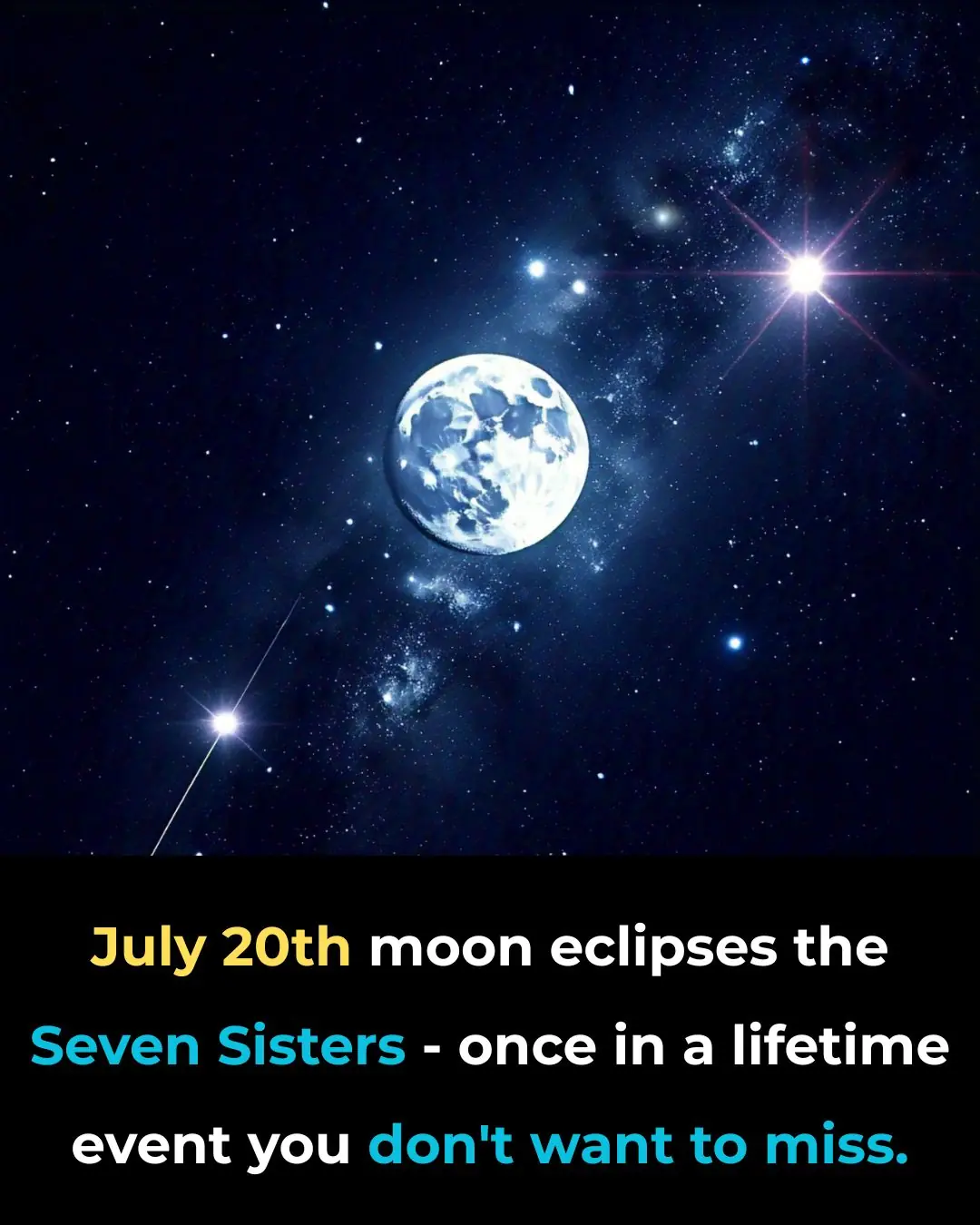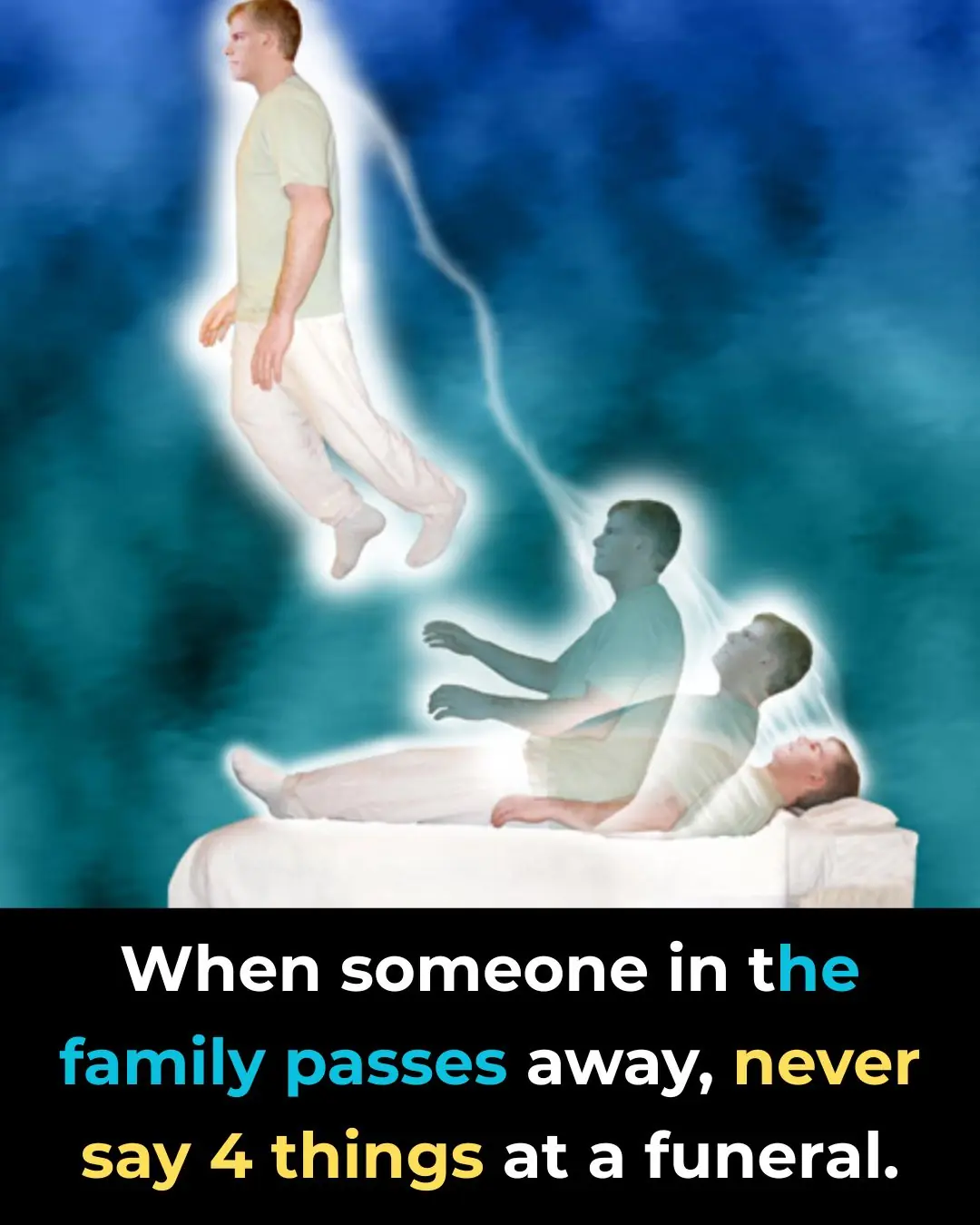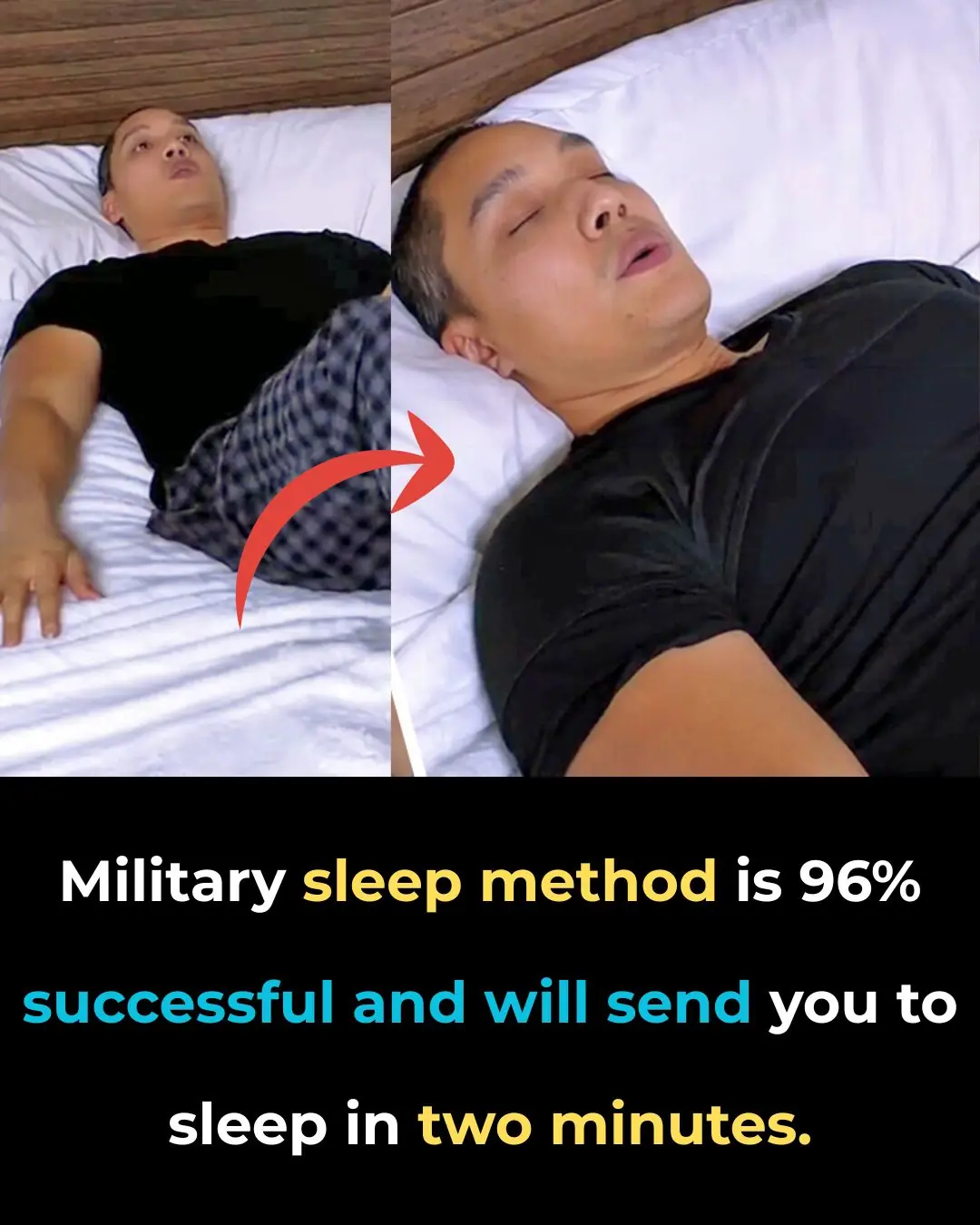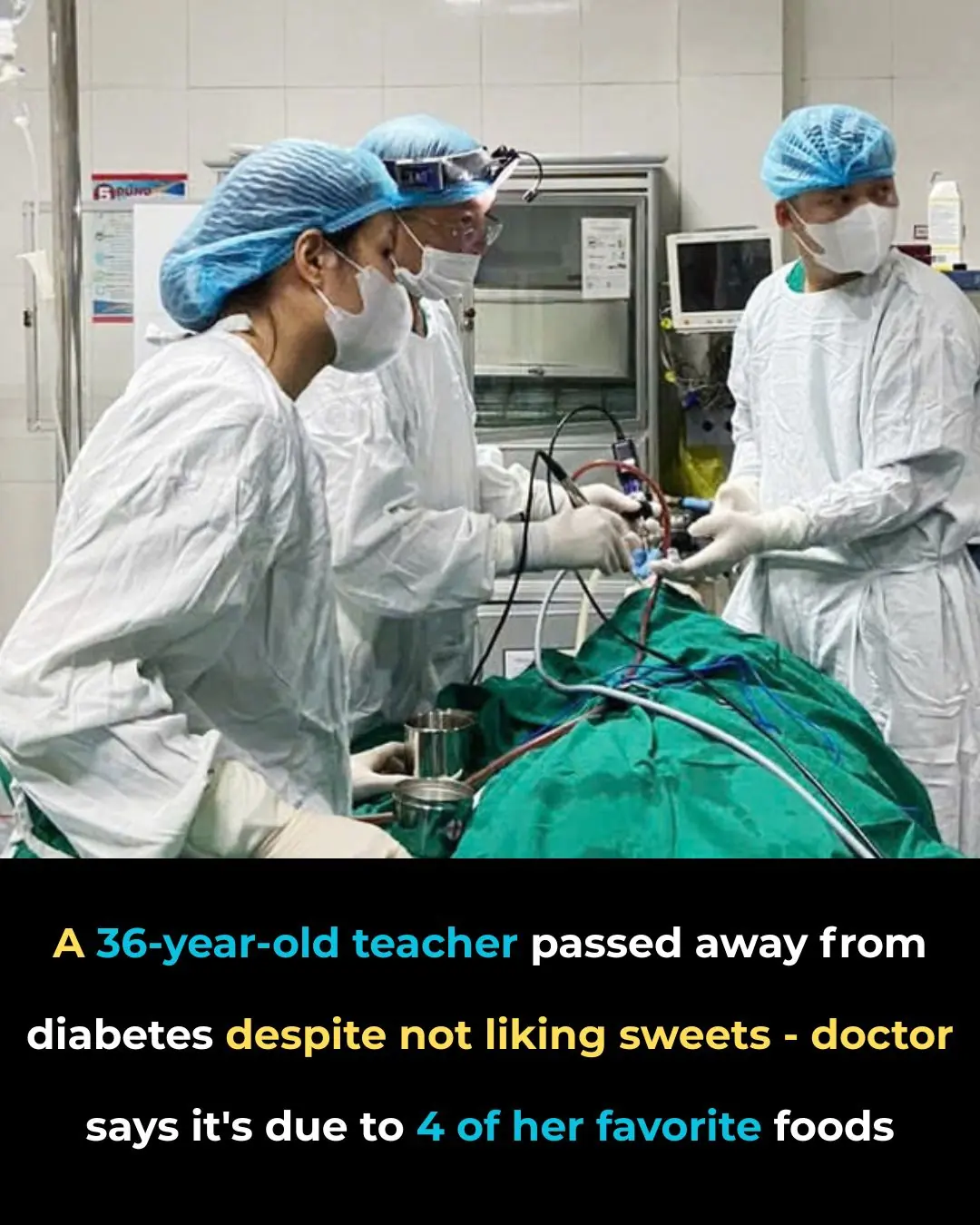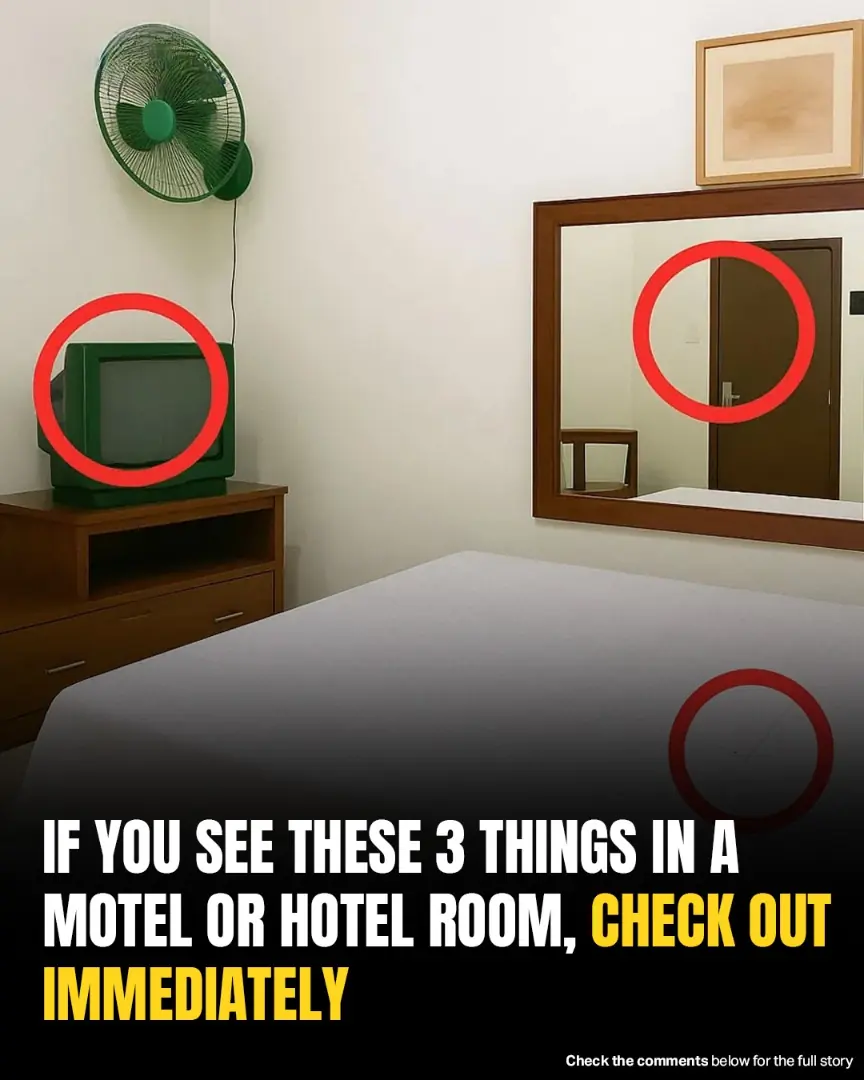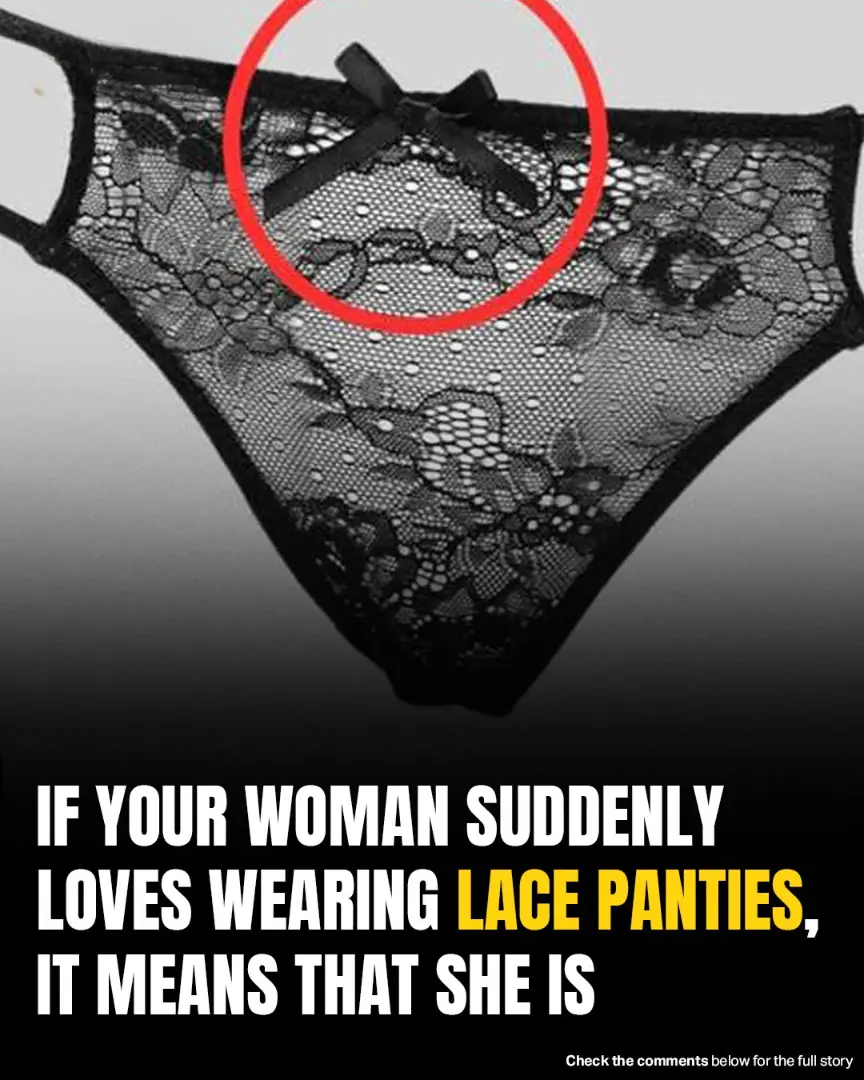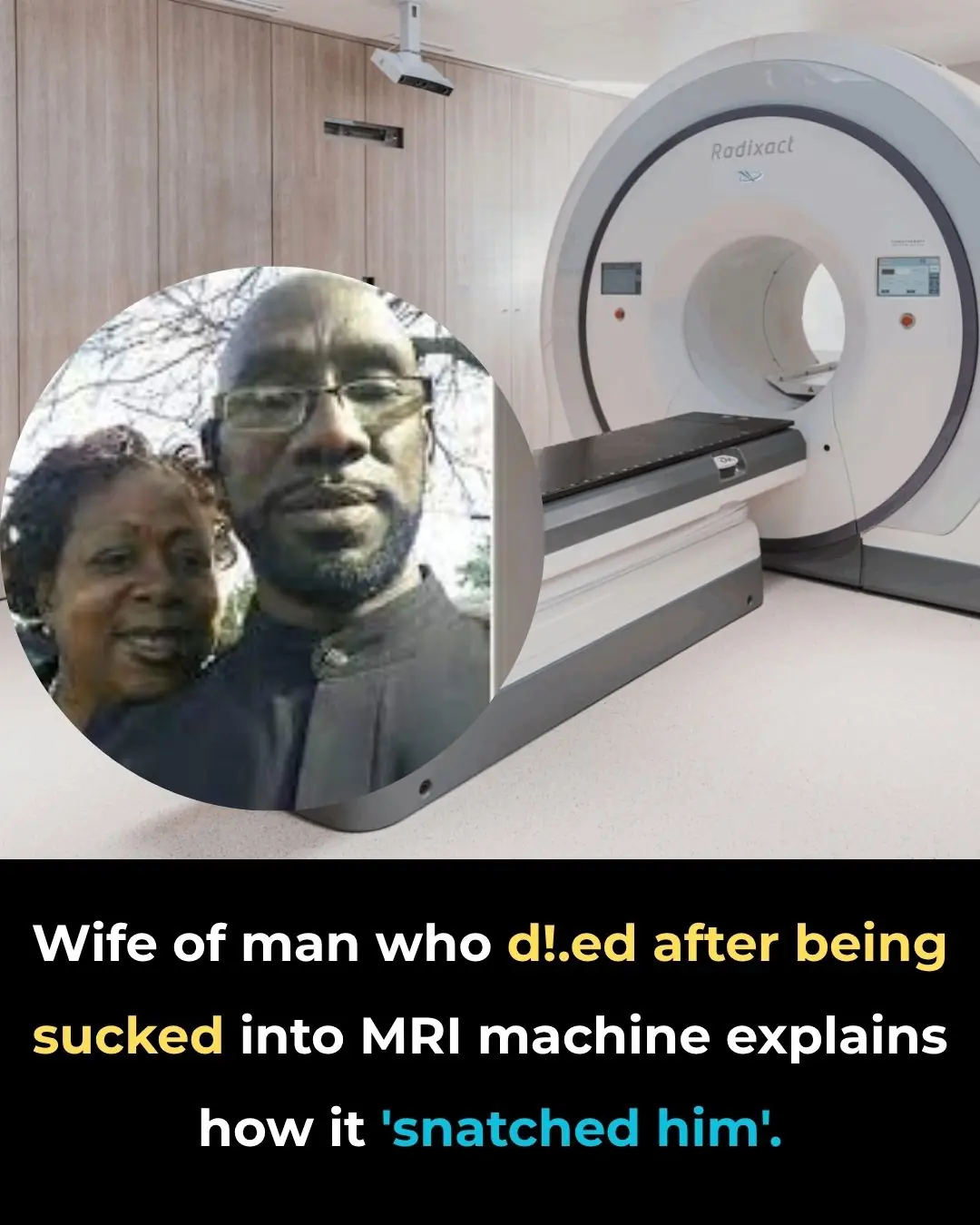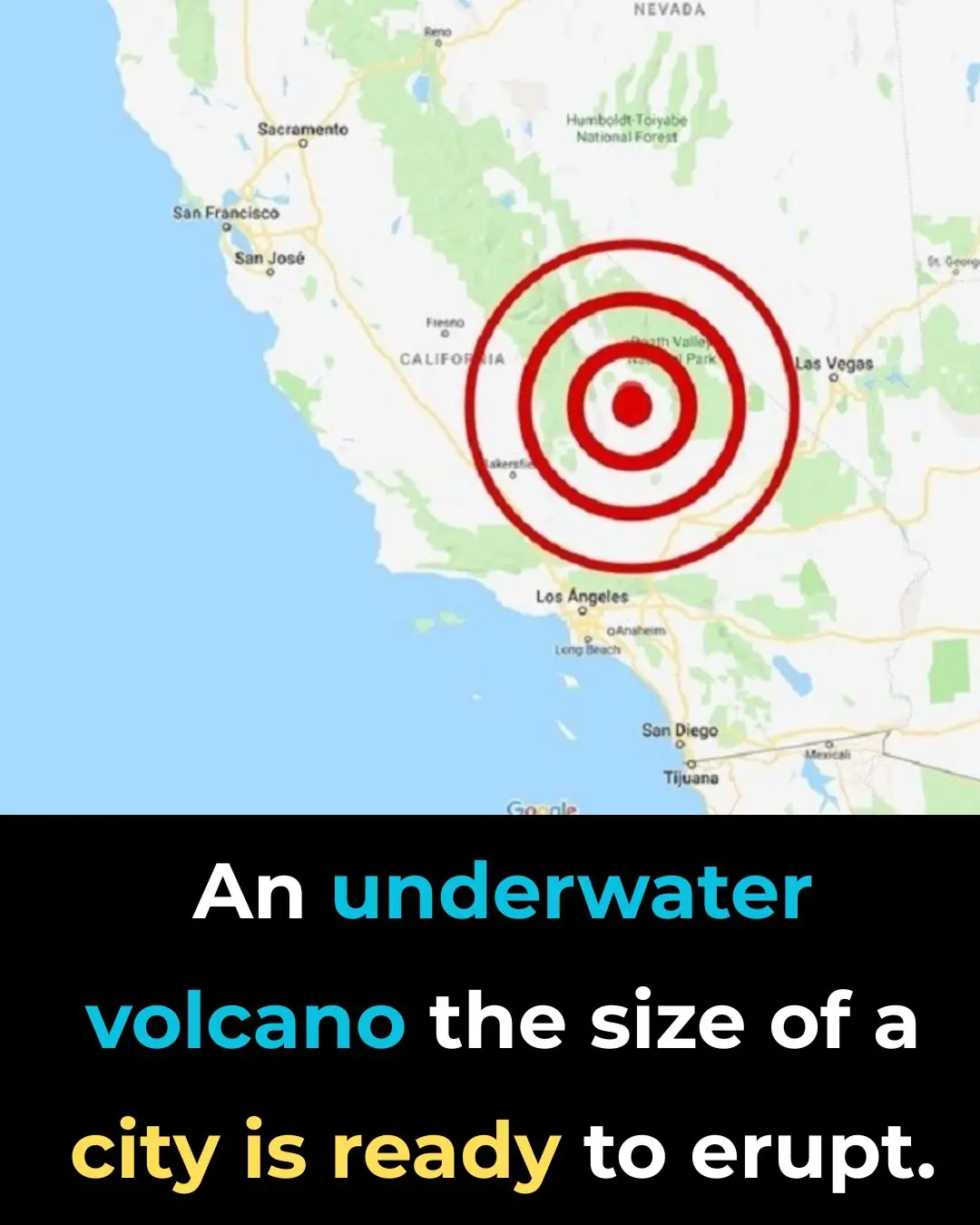After a difficult childbirth, Anna returns home with her two newborns, but without her husband by her side. She faces loneliness, exhaustion, and the challenges of raising her children without the support of the man who once promised a future together. De
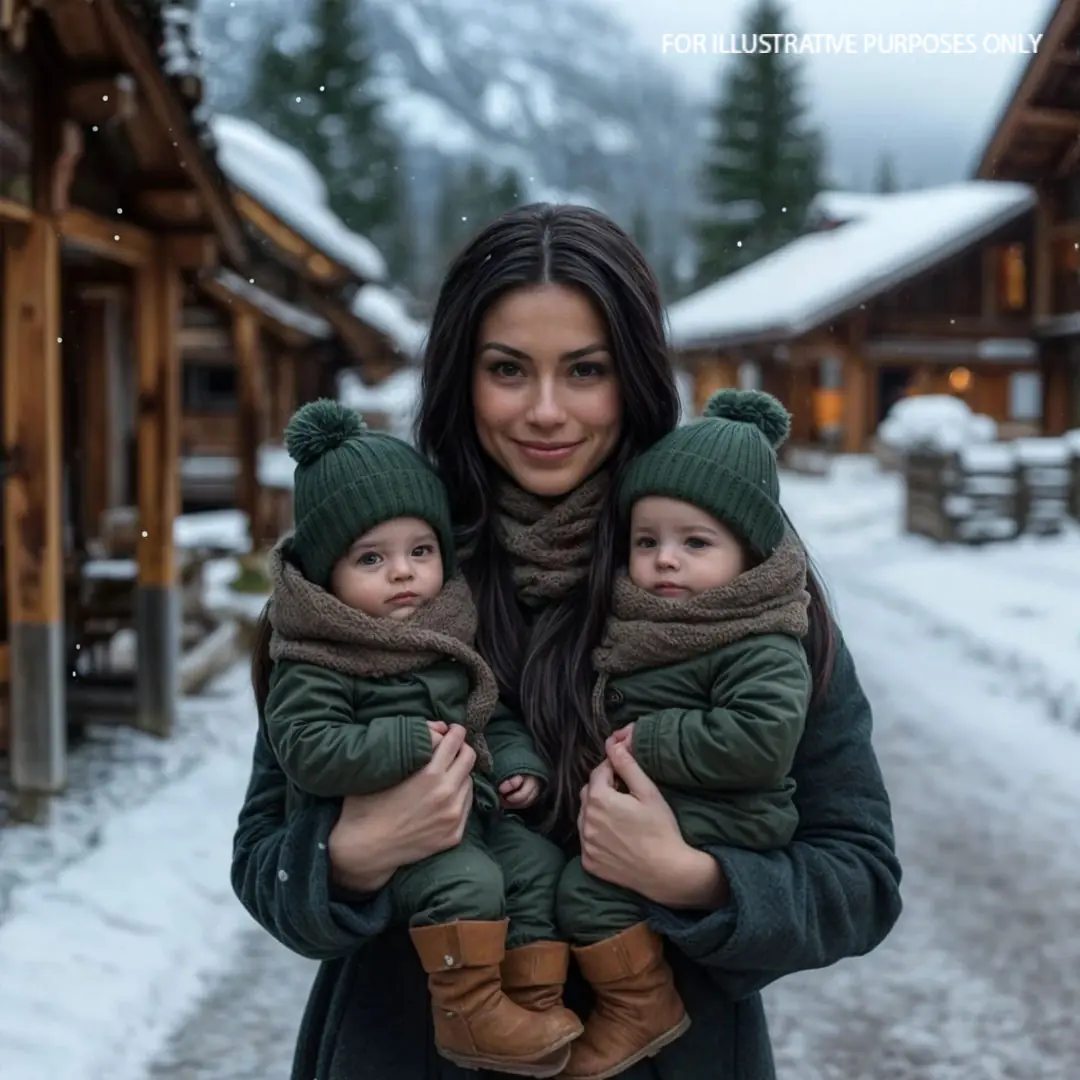 Anna Sergeyevna, the papers are ready. Who will be accompanying you home?” the nurse asked, her voice gentle as she looked at Anna, whose pale face was marked by exhaustion.
Anna Sergeyevna, the papers are ready. Who will be accompanying you home?” the nurse asked, her voice gentle as she looked at Anna, whose pale face was marked by exhaustion.
“I’ll manage,” Anna replied, her voice firm though her body trembled.
The nurse glanced at her with concern. A week had passed since Anna’s difficult delivery, and she had no one by her side. Her husband hadn’t even visited. Just a brief phone call: “Don’t waste your time on me.”
With a sigh, Anna carefully took Liza in her arms, holding the baby close against her chest. The nurse helped her with Mitya. Two tiny lives that now depended entirely on her. She slung a bag over her shoulder and clutched a pack of diapers with her other hand.
“Are you sure you’re okay carrying everything?” the nurse asked, still unsure. “Should I call a cab?”
“No need,” Anna answered, her voice steady. “The bus stop isn’t far.”
It wasn’t far—just a kilometer through snow-covered streets. But with two newborns in her arms and stitches that ached with each step, it felt like miles. Her money was barely enough to get by, not even enough for a cab, just enough for bread and milk until the end of the month.
Every step was slow and cautious. The biting wind cut at her face, the bag pulled at her shoulder, and her back throbbed with pain. But as she felt the warmth of her children through the thin blankets, she found strength. It was warmer than any coat.
At the bus stop, she waited. People rushed by, shielding themselves from the wind. No one offered help, only curious glances— a young woman, alone, with two babies. When the bus arrived, an elderly woman helped her on and gave up her seat.
“Going to your husband?” the woman asked kindly.
“Yes,” Anna lied, lowering her eyes.
Deep down, she still hoped Ivan had simply been scared. She hoped that when he saw his children, he would change his mind, that he would embrace them and love them. They had talked about this, planned for it. Two years ago, when he proposed, he said, “I want a son and a daughter, just like you.” Fate had smiled upon them—she had been blessed with both.
The apartment greeted her with emptiness and neglect. Dirty dishes in the sink, cigarette butts in a jar, empty bottles scattered about. She carefully laid the babies on the couch, covering them with a clean towel. She opened the window to let in fresh air, wincing from the pain in her abdomen.
“Ivan?” she called softly. “We’re home.”
A rustling sound came from the bedroom. Ivan emerged, adjusting his robe. His gaze swept over the babies, the bags, and Anna—cold, detached. It was as if he was looking at strangers.
“Too noisy,” he muttered, glancing at the babies. “Bet they cried all night?”
“They’re good,” Anna replied, stepping closer, trying to find any sign of warmth in his eyes. “They hardly cry. Mitya only when he’s hungry, and Liza is so quiet. They’re beautiful…”
Ivan recoiled. A look of disgust—or fear—flashed in his eyes.
“You know, I’ve been thinking,” he began, rubbing his neck. “This isn’t for me.”
“What?” Anna froze, her confusion growing.
“The kids, the diapers, the constant crying. I’m not ready for this.”
Anna stared at him, stunned. How could someone not be ready for their own children? Nine months—he knew for nine long months they were coming.
“But you said—”
“I changed my mind,” he shrugged, as if talking about an object he no longer wanted. “I’m still young. I want to live my life, not deal with diapers.”
He walked past her, pulling a gym bag from the closet and starting to stuff clothes into it carelessly—t-shirts, jeans, no real thought.
“You’re leaving?” Her voice cracked, sounding foreign even to herself.
“I’m leaving,” he nodded, not even looking at her. “I’ll stay at Seryoga’s for a while. I’ll figure out the rent later.”
“And us?” Anna’s voice was barely a whisper.
He zipped the bag and finally looked at her, irritation crossing his face, as if she had asked something foolish.
“You stay here. The place is in your name. I’m not getting involved with custody. I’m not paying child support—this is your decision, your problem now.”
He walked over to the couch. Mitya opened his eyes—dark, just like Ivan’s. The baby didn’t cry. He just stared at the man who gave him life but now turned his back on it.
“I don’t want them,” Ivan muttered, turning away. “I’m done with this.”
He spat on the floor beside the couch, grabbed his bag and coat, and left, slamming the door behind him. The force of the door caused the windows to rattle. Liza started crying softly, as if she understood what had just happened.
Anna sank to the floor. It felt as though the ground had opened beneath her, swallowing everything except fear. She was alone. With two babies. In a house that lacked warmth and support.
Liza cried louder. Mitya joined in—a symphony of need, of helplessness. Anna crawled to the couch, pulling them both into her arms, holding them close. Their tiny bodies, their innocence—this was her reality now.
“Shh, my darlings,” she whispered, rocking them gently. “We’ll be okay. I’ll never leave you.”
Outside, the wind howled, swirling snowflakes. The sun sank below the horizon. It was the first of many nights they would face together. Without him. Without the one who should have been there. When the clock struck 3 a.m., Mitya finally fell asleep. Liza had drifted off earlier, warm and fed. Anna laid them in a makeshift cradle—a woolen blanket-lined microwave box. The stove was almost out of fuel. She had no strength left to get more.
“We’ll survive,” she whispered into the darkness, as though summoning strength from the words. “We will survive.”
That phrase would become her mantra for the years ahead.
Grandma Klava, Mitya won’t eat his porridge!” Liza called out, her pigtails bouncing as she ran toward her grandmother. “He says it’s bitter!”
“It’s not bitter,” Klavdiya Petrovna replied, adjusting her headscarf and wiping her hands on her apron. “It’s buckwheat, sweetie. It’s supposed to taste like that. Where’s your brother?”
“In the shed. He’s upset,” Liza explained, shaking her head.
Klavdiya Petrovna sighed. Anna had left for the night shift at the farm. The kids were staying with the neighbor who had become like a second mother to them. At first, the village had judged Anna harshly—she couldn’t keep her husband, and they called her disgraceful—but eventually, they accepted her: hardworking, quiet, raising her children in cleanliness and order.
“Let’s go talk to our little stubborn one,” Klavdiya Petrovna said, taking Liza’s hand.
Mitya was sitting on an overturned bucket, poking the ground with a stick. He was thin, almost bald—after a lice outbreak, Anna had shaved all the boys’ heads. Liza had kept her braids and cried for three days when Anna tried to cut them.
“Young man, why are you sitting here alone instead of having breakfast with your sister?” the old woman asked, sitting beside him on a stump.
“That porridge is nasty,” Mitya muttered. “It’s bitter.”
“Do you know what your mother wants?” Klavdiya Petrovna gently ran her hand over his tousled hair. “She wants you to grow up strong and healthy. She works with cows at the farm, collects milk, earns money so you can eat. And you’re turning your nose up at it.”
Mitya looked up at her, sighed, and stood.
“Fine, I’ll eat it. But can I have some bread with it?”
“Of course,” Klavdiya Petrovna agreed. “With bread, butter, and sweet tea.”
That evening, Anna returned home—exhausted, her eyes red from lack of sleep but smiling. In her bag were a can of milk, a loaf of bread, and a bag of caramels.
“Mom!” the kids ran to her, wrapping their arms around her.
“My sweethearts,” Anna knelt down and hugged them tight. “How were things while I was gone?”
Liza chattered nonstop—about the kittens the cat had, about the new dress Grandma Klava had sewn, and about how Mitya hadn’t wanted to eat his porridge but had finished it in the end.
“There’s going to be a party at the kindergarten soon,” she added. “For moms and dads.”
Anna froze, looking at her daughter. The innocent look on Liza’s face hit her like a wave.
“We should invite Daddy,” Mitya added suddenly. “Like everyone else does.”
Anna’s breath caught. The moment she had dreaded had arrived. The children were growing up, beginning to ask questions.
“You don’t have a dad,” she said quietly.
“Why not?” Liza tilted her head, confused. “Sasha Petrov has a dad, so does Marina. Even Kolya, the limping boy who picks on everyone, has one. Why don’t we?”
“Your dad…” Anna’s voice softened. “He left when you were born. He didn’t want to be a part of our lives.”
“So he doesn’t love us?” Mitya’s eyes filled with tears.
“I don’t know, honey,” Anna stroked his head. “But I love you. All of you. I love you more than anything.”
That night, the children cried—not from hunger, but from the realization that something was missing. Anna lay between them, holding them close, and began telling them stories—not about kings and kingdoms, but about little animals who were happy even without a father, because they had a loving mother.
A few years passed.
Liza noticed him first—a man loitering near the school gate, shifting nervously. His jacket was worn, his hair disheveled and graying. But something about his features—the shape of his brows, the line of his chin—made her tense up.
“Mitya,” she whispered, pulling her brother’s sleeve. “Look.”
Mitya looked up, following her gaze. His eyes widened.
“That’s…” he began but trailed off.
The man noticed them. His face twitched—his brows raised, eyes widened. He took a hesitant step forward.
“Hello,” he said, his voice hoarse. “You’re Liza and Mitya, right? Anna’s kids?”
They stood still, silent. Thirteen years separated them from this man. Thirteen years of questions without answers.
“I’m your father,” the man said, his voice shaky.
“We know,” Liza replied, stepping in front of Mitya. “What do you want?”
Ivan winced. He looked pained.
“Just wanted to talk. To see you,” he said. “I’ve been thinking a lot lately.”
His voice was distant, tired. The smell of alcohol and cigarettes lingered on him. His eyes—Mitya’s eyes—held a sort of submissiveness.
“Mom’s home,” Mitya said finally. “If you want to talk, go to her.”
“I came to see you,” Ivan said, stepping closer. “Just to talk. To see how you’re doing.”
“Without you,” Liza said firmly, standing her ground. “We’ve been fine without you. Thirteen years of silence, and now you show up.”
Ivan’s shoulders slumped. He hadn’t expected this.
“I know I messed up,” he muttered. “I know I have no right to ask for anything… but life’s been hard. I lost everything. Maybe it’s not too late? Maybe we can start over?”
His voice trembled. Mitya stared at his shoes, gripping his jacket tightly. Liza, however, remained steadfast. Every inch of her radiated resolve.
“You’ve seen us,” she said coldly. “Now we’re going home. Mom is waiting.”
“Wait,” Ivan reached out, trying to stop them. “We could meet sometimes. I could pick you up from school, help out—”
“Do you even know what grade we’re in?” Liza asked. “Where we live? What we love? What we care about?”
Each question was a sharp reminder of everything he had missed. Ivan dropped his gaze.
“You know nothing about us,” she continued. “And you have no right to show up like nothing happened.”
“Liza!” Mitya stepped back, shocked. “How do you know that?”
“Mom told me,” Liza replied, her eyes unwavering. “How you left without looking back. How you said you didn’t want us. How you walked away.”
Ivan turned pale.
“I didn’t understand… I was young… scared—”
“But I did,” Anna’s voice cut through, firm and strong. “Every second. When Mitya was sick and I stayed up all night, changing his compresses. When Liza broke her arm and I couldn’t afford a taxi, so I carried her two kilometers. When I worked three jobs to make sure you two had food.”
She spoke calmly, matter-of-factly. What was, what is, what would be.
“You don’t belong here,” she said finally, looking Ivan in the eye. “I don’t hate you. I’m just done. And… grateful.”
“Grateful?” he blinked, confused.
“For leaving,” Anna answered, steady and sure. “If you hadn’t, things would have been worse. But you left. And we grew. We became better.”
Ivan’s eyes welled with tears, but Anna was unmoved.
“We don’t need you,” she said, and turned her back. “Not anymore.”
And with that, they moved on, as they always had.
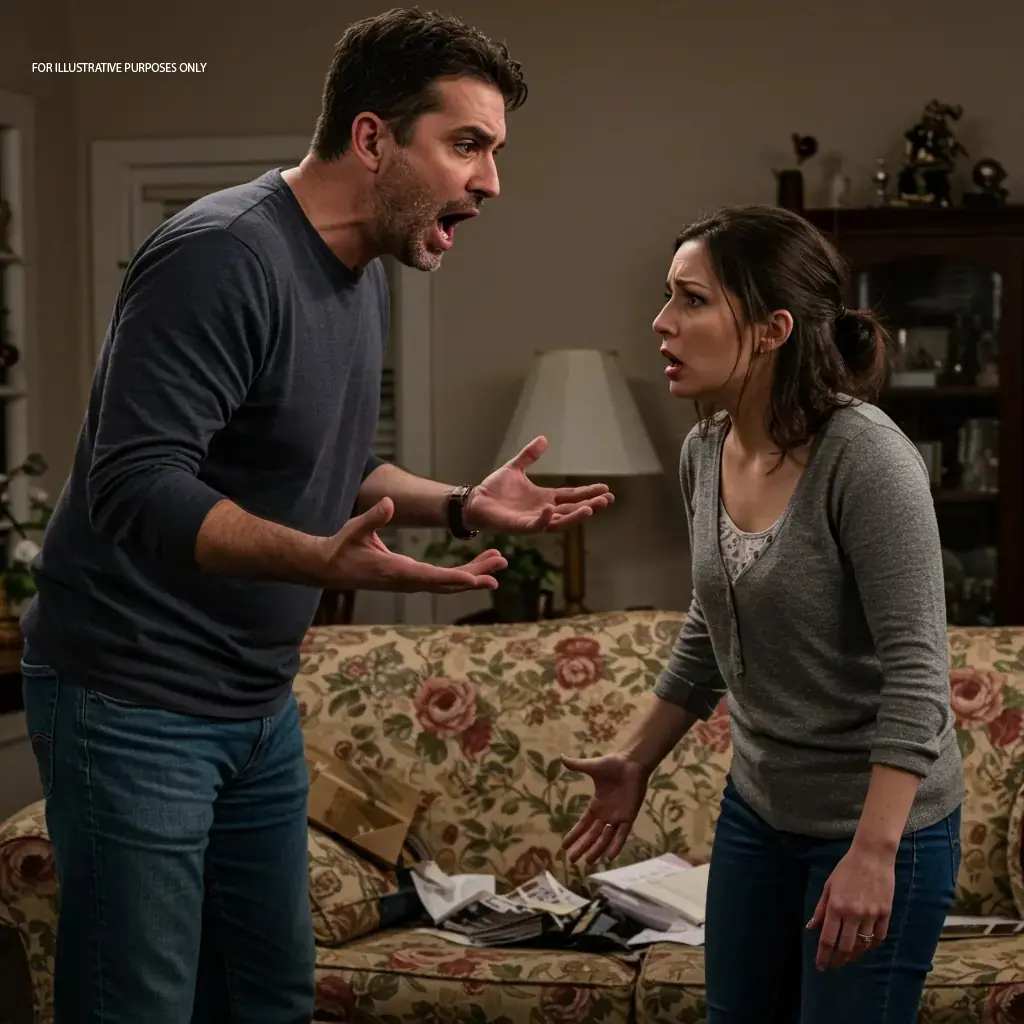
 Anna Sergeyevna, the papers are ready. Who will be accompanying you home?” the nurse asked, her voice gentle as she looked at Anna, whose pale face was marked by exhaustion.
Anna Sergeyevna, the papers are ready. Who will be accompanying you home?” the nurse asked, her voice gentle as she looked at Anna, whose pale face was marked by exhaustion.